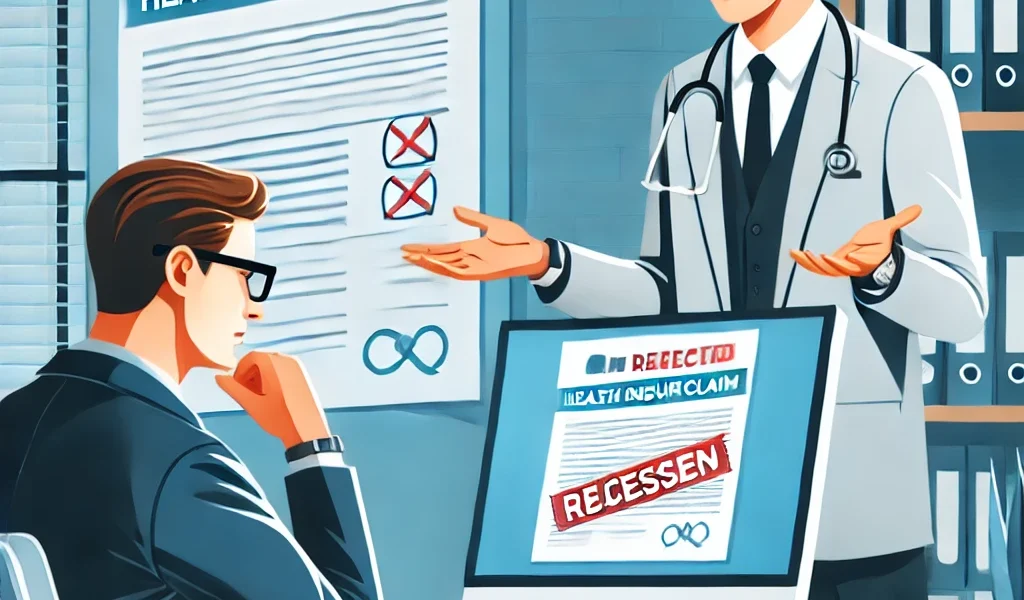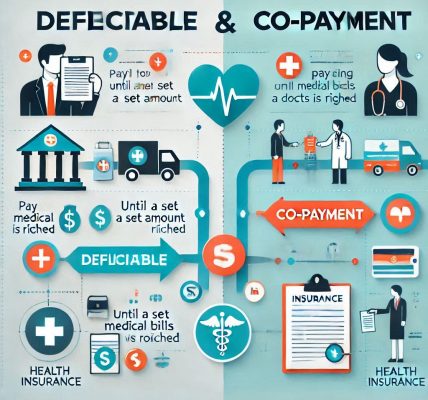Introduction
Receiving a health insurance claim denial can be frustrating, especially during a medical emergency. However, understanding why your claim was rejected and knowing the steps to take can help you resolve the issue efficiently. This guide provides a detailed plan to navigate claim denials and increase your chances of approval.
Common Reasons for Health Insurance Claim Denials
- Incomplete Documentation: Missing or incorrect documents can lead to rejection.
- Policy Exclusions: Some treatments may not be covered under your plan.
- Pre-Existing Conditions: Claims related to pre-existing conditions may have a waiting period.
- Incorrect Information: Errors in claim forms or policy details can cause denial.
- Delayed Claim Submission: Submitting a claim beyond the stipulated period can lead to rejection.
- Hospital Not in Network: Cashless claims require treatment at network hospitals.
- Lack of Prior Authorization: Some treatments need pre-approval from the insurer.
Steps to Take If Your Claim Is Denied
1. Review the Denial Letter
Carefully read the insurance company’s denial letter to understand the reason for rejection. This document will provide insights into missing documents, policy exclusions, or incorrect details.
2. Contact Your Insurance Provider
Call your insurance company’s customer support to get a detailed explanation of the denial. Clarify any doubts and ask if the issue can be resolved with additional documents or corrections.
3. Gather and Submit Additional Documents
If the denial is due to missing or incorrect documentation, collect the required papers and resubmit them promptly.
4. File an Appeal
If you believe the denial was unjustified, you have the right to appeal:
- Submit a written appeal to the insurance company.
- Attach all necessary documents, including medical reports, bills, and prescriptions.
- Follow up regularly to track the appeal status.
5. Seek Assistance from a Health Insurance Ombudsman
If your appeal is rejected, you can escalate the matter to the insurance ombudsman for further resolution.
How to Avoid Future Claim Denials
- Read your policy terms carefully to understand coverage limitations.
- Ensure all claim forms are filled out accurately.
- Keep all original medical bills and receipts.
- Submit claims within the insurer’s specified time frame.
- Choose network hospitals for cashless claims.
- Get pre-authorization for planned treatments if required.
Conclusion
While claim denials can be discouraging, they are not always final. By understanding the reasons, submitting the correct documents, and appealing when necessary, you can increase your chances of getting your claim approved. Stay informed and proactive to ensure a hassle-free health insurance claim process.




